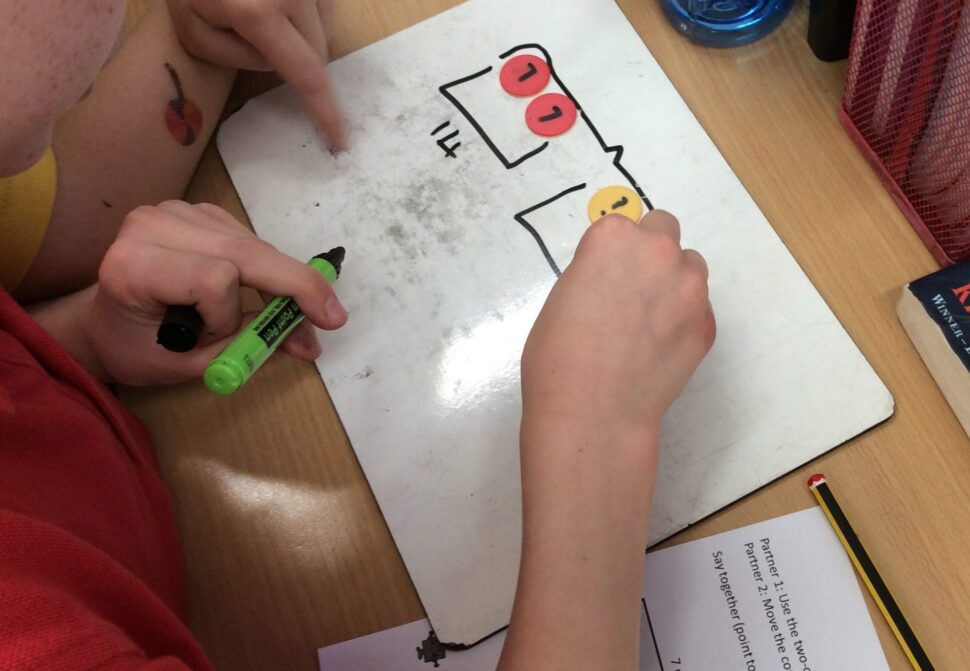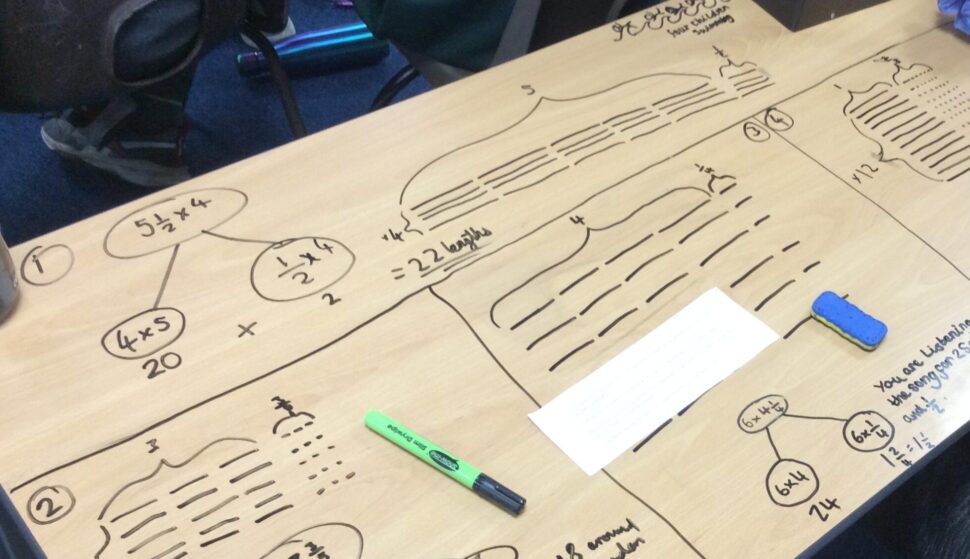
Our intent for Maths at Christ Church:
Our curriculum for mathematics aims to give all children a solid foundation for understanding the world, the ability to reason mathematically, an appreciation of the beauty and power of mathematics, and a sense of enjoyment and curiosity about the subject. Good mathematicians can communicate their ideas effectively with others, so we aim to give children the experiences and tools necessary to problem-solve alone and with others, defend their ideas and express their thinking in a variety of ways.
Mathematics is essential to everyday life, critical to science, technology and engineering, and necessary for financial literacy and most forms of employment. Our curriculum for mathematics aims to equip all children with the confidence and curiosity to apply mathematics across different subjects and contexts, to continue learning mathematics successfully in the next stage and beyond, and to go on to use and explore mathematics not just for everyday life, but also for the sheer pleasure of it.
Phrases in italics are taken from the National Curriculum for Maths.

How is Maths taught at Christ Church?
At Christ Church, we use the long-term plans, teaching points and planning guidance from the National Centre for Excellence in Teaching Mathematics (NCETM)’s Curriculum Prioritisation materials to sequence our learning in EYFS, Key Stage 1 and Key Stage 2. These materials have been drawn up by experts in primary mathematics to respond to the DfE’s Guidance on the Teaching of Mathematics in Primary Schools (2021), and are built upon the idea of prioritising the concepts within the National Curriculum that are the most important for future learning.
At Christ Church, we are developing a Teaching for Mastery approach to teaching maths, with the support of the NCETM and the Mobius Maths Hub, through participation in an Embedding Mastery Work Group and the Mastering Number programme. Our Maths Policy and our ‘Maths on a Page’ documents set out how the principles of Teaching for Mastery are applied within Maths lessons at Christ Church.